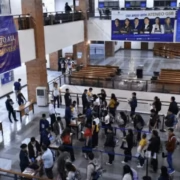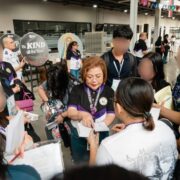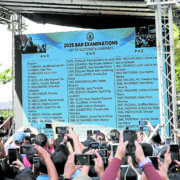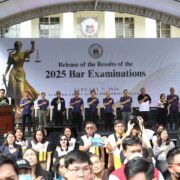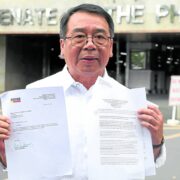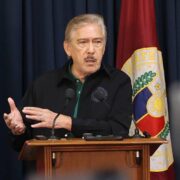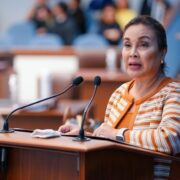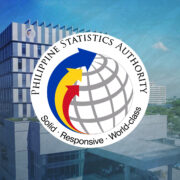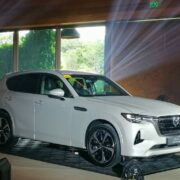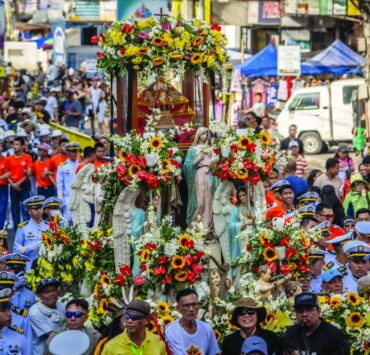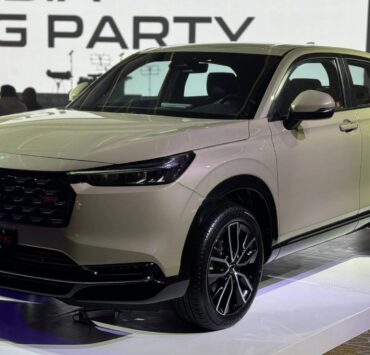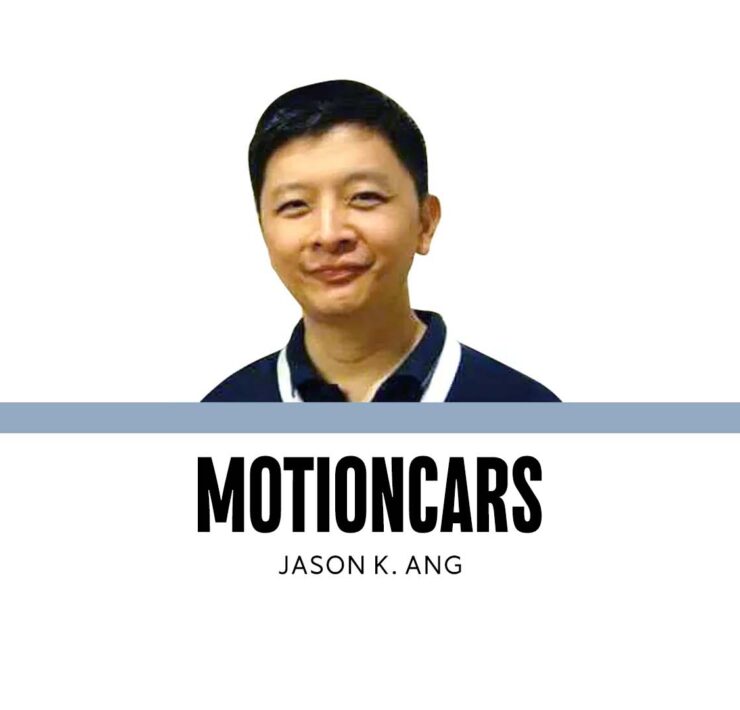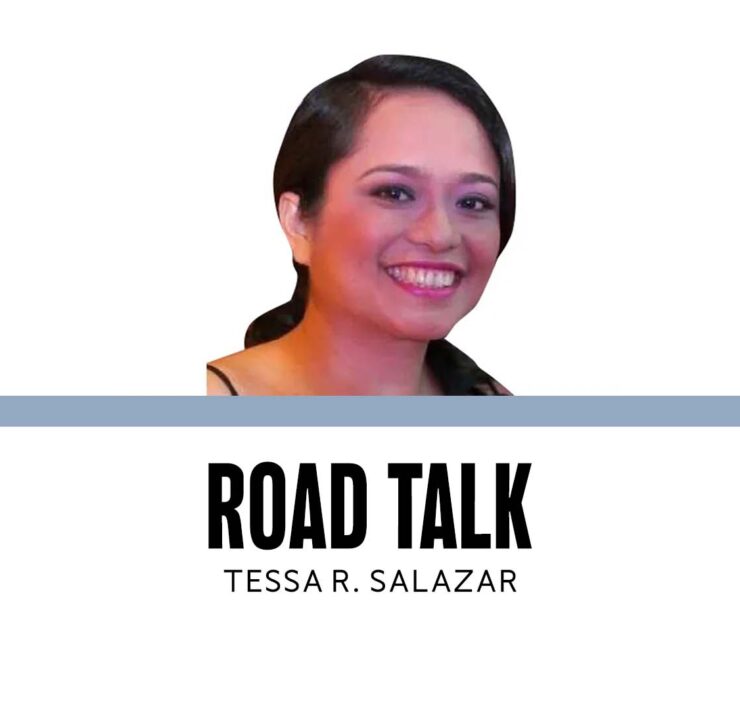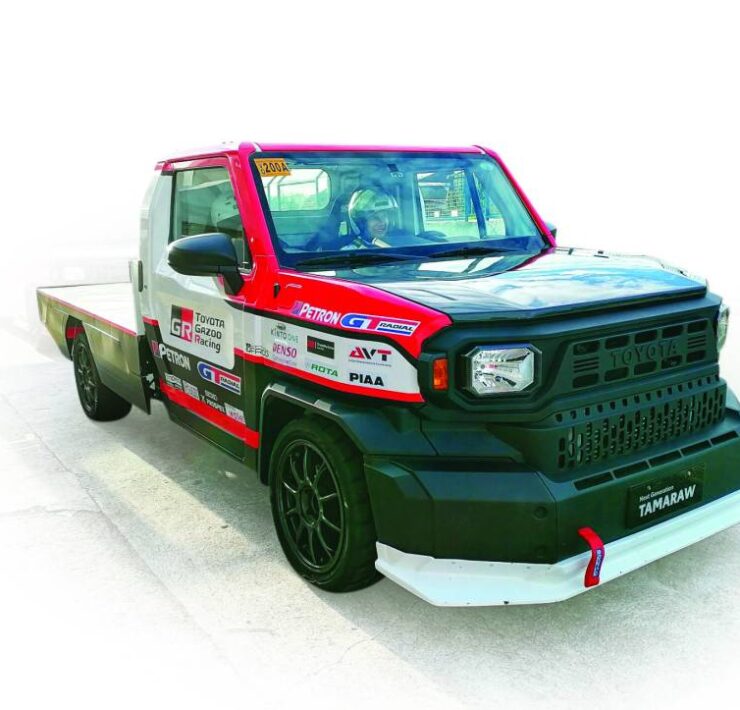Let the youth ‘take charge’

Despite the increased number of electric-powered vehicles on our streets, the country still has a long way to go to make new-energy vehicles mainstream. It’s not enough to flood the market with electric vehicles. There needs to be a demand. But before the demand, there needs to be awareness, then curiosity, then behavioral change.
Changing behavior, like changing habits, is a difficult thing to do, especially with adults. Just ask the climate experts, who have used all sorts of techniques to persuade the general population to make small changes in its members’ daily habits, particularly in their transport choices, in order to mitigate humanity’s carbon emissions. Yet look at the air quality in our cities that still leave so much to be desired.
That’s why the recent efforts by the University of the Philippines in Los Baños present perhaps the best solutions to effect behavioral change. Because what they’re doing there is initiating mobility alternatives to a generally young population, that stage in life when minds are relatively more malleable, and lifelong habits can be instilled.
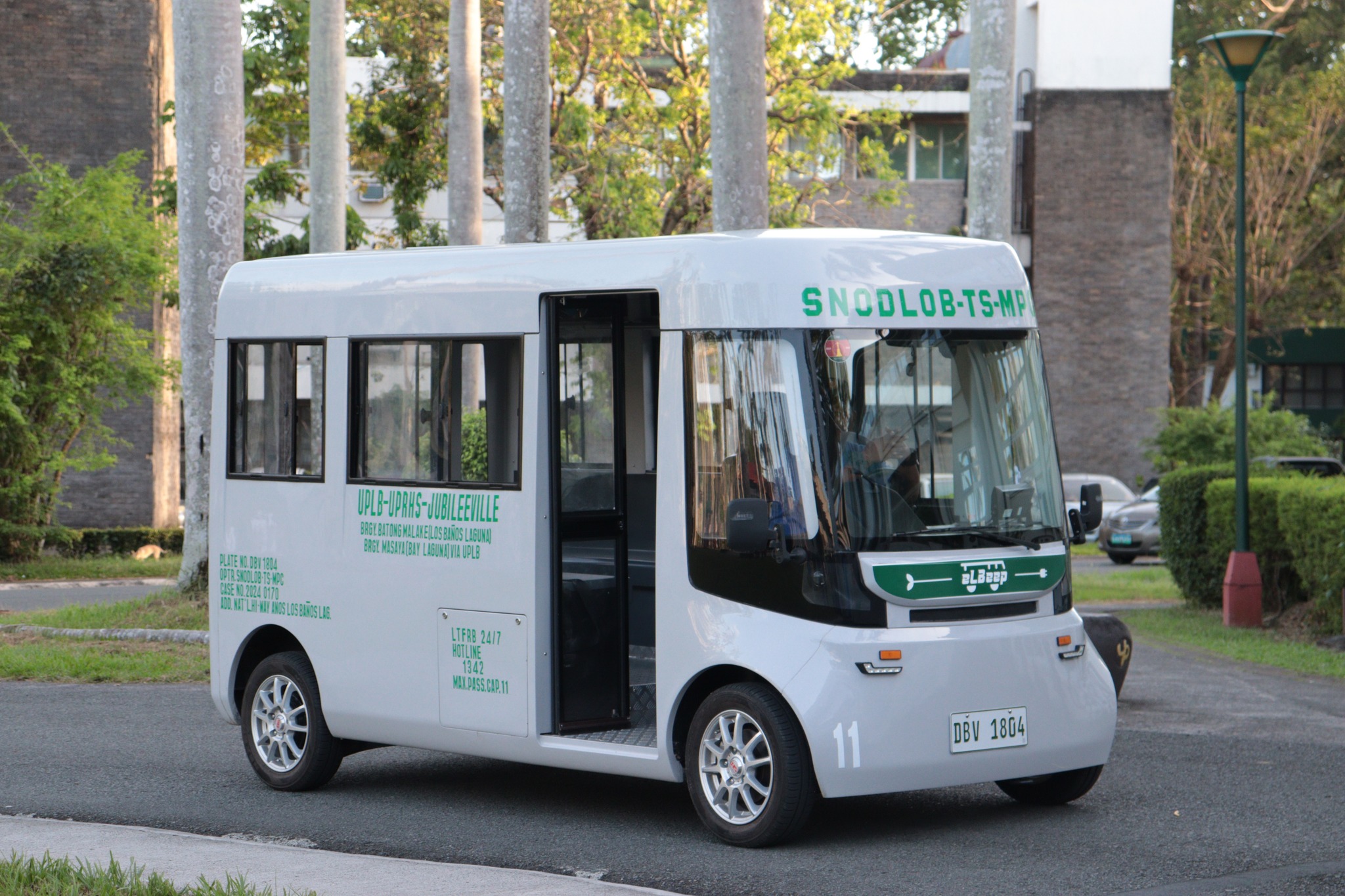
I had the opportunity to interview UPLB’s Vice Chancellor for Community Affairs Robby Cereno in May 2024. Cereno spearheaded the university’s Tipaklong Mobility Sharing Project, a model of active travel that’s affordable and efficient as it makes use of new, lighter forms of e-micromobility, and even outselling electric cars in many parts of the world, including Asia. Not long after, on June 1, the UPLB Tipaklong Mobility Sharing Project was officially launched.
This project features a system of shared e-bikes and e-scooters, accessible to students, faculty and staff, and campus visitors through a mobile application. Run in partnership with Tipaklong Sustainable Mobility Corp, a startup business owned by UPLB graduates, the project offers an environmentally sustainable, efficient, and accessible transport option, contributing significantly to UPLB’s goal of future-proofing its university operations.
Then, just a little over five months later, on Nov. 27, UPLB rolled out its fleet of electric microbuses, in time for the 17th Global Warming and Climate Change Consciousness Week (CCC Week).
Cereno calls the electric microbuses “eLBeep,” which stands for Electric Light Bus for the Environment and Economy Partnership. Right now, there are four 12-seater eLBeep light buses plying the UPLB routes. More of them are expected to be used by the end of January 2025.
As part of the UPLB Green Mobility Initiative, eLBeep aims to modernize campus transportation by forging partnerships and adopting environment-friendly and sustainable mobility solutions. The microbuses, acquired by the Samahan ng Nagkakaisang Drivers at Operators ng Los Baños (Snodlob) Transport Service and Multi-purpose Cooperative and assembled by Biñan-based Assemblepoint Philippines Inc. (API), represent UPLB’s commitment to zero-emission transportation and green energy systems. Powered by solar energy, same as the Tipaklong e-bikes and e-scooters, eLBeep services two LTFRB-approved routes: UPLB Loop and UPLB-UPRHS-Jubileeville.
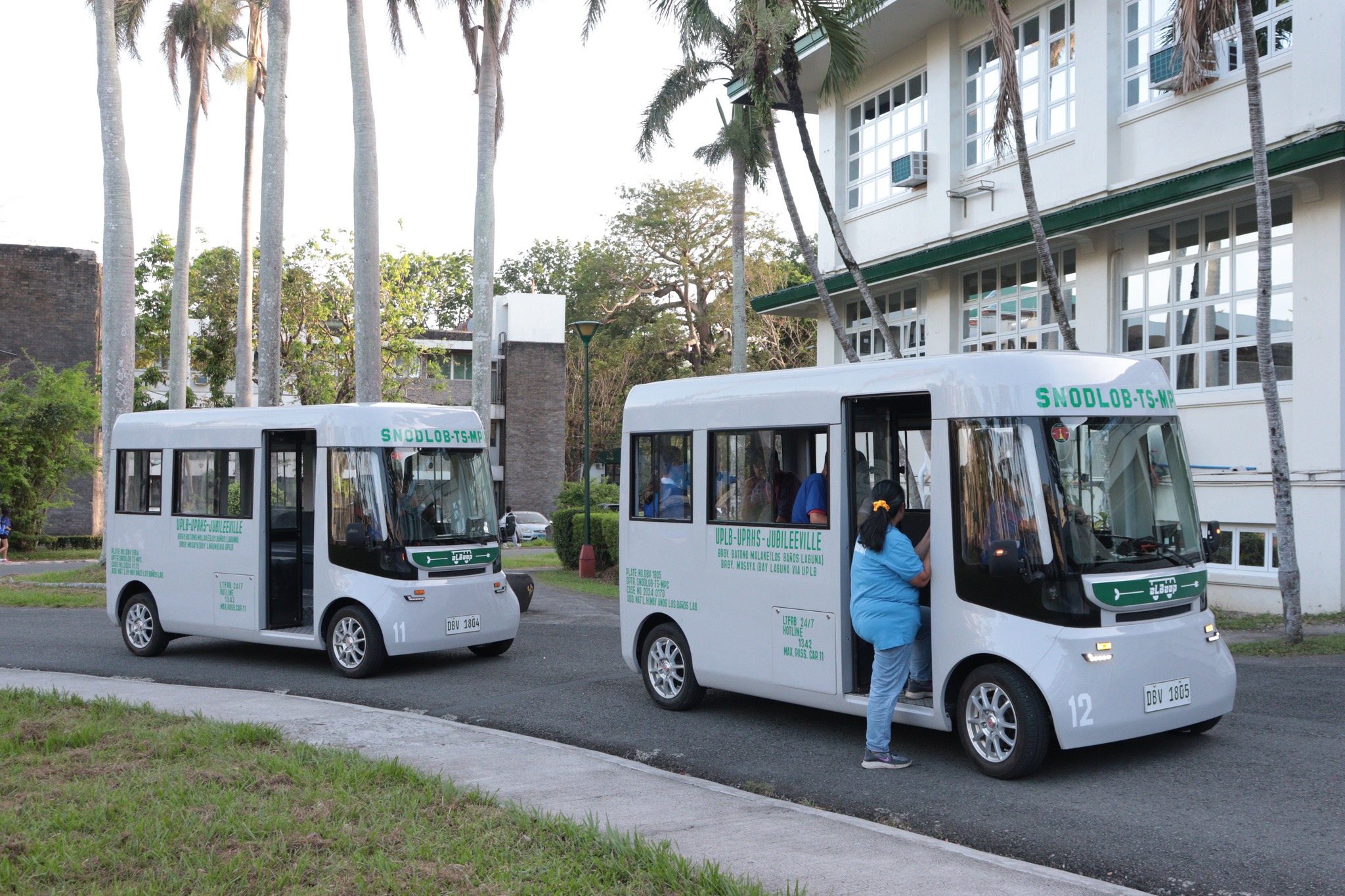
Both the Tipaklong and eLBeep projects have been enthusiastically embraced by the university’s faculty and students, according to Cereno. “They are the ones who have realized the need to shift to a carbon-free and noise-free transport mode,” he observed.
What’s more, local labor and industry are boosted. “The eLBeep units are made in Laguna—Pinoy hands and skills, Japanese technology, Suzuki chassis and Toyota electro-mechanicals,” Cereno told me.
At the Nov. 27 rollout, Climate Change Commission (CCC) Secretary Robert EA Borje emphasized to the hundreds of students of the UP Rural High School their role in protecting the future of humanity, and in building a safer, healthier, and more resilient Philippines.
“Remember that the fight against climate change is everybody’s responsibility and your actions matter. We, the older generation, are responsible to help the young and make sure that you are prepared for the challenges of your future. But I think you have the opportunity to change things around, because you can tell us ‘you know you did your part, but we think we can do better,’” Borje said.
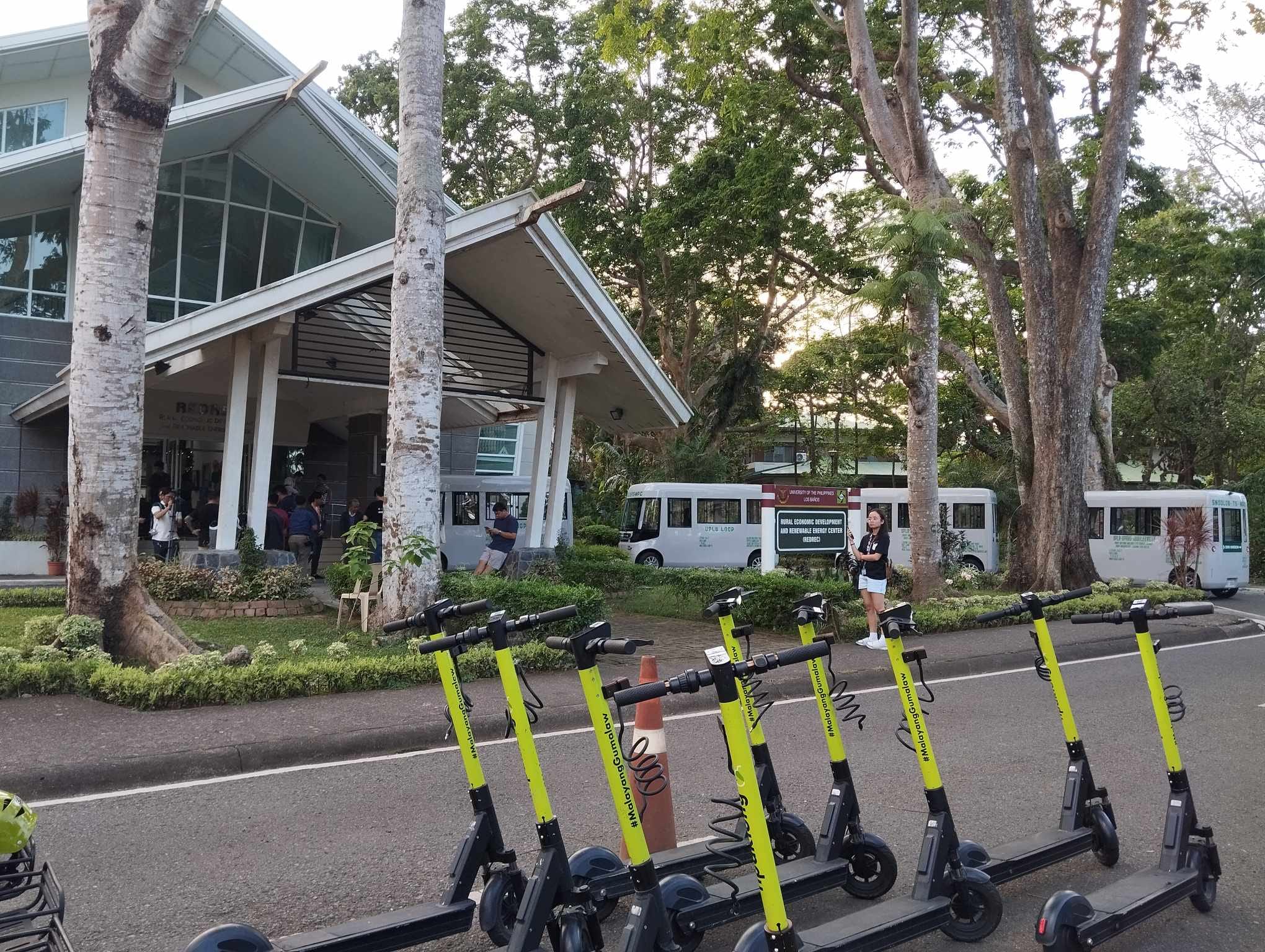
Cereno noted that the eLBeep and Tipaklong mobility projects, and the promotion of commuter services between UPLB and UPD campuses, are vital steps in UPLB’s vision to future-proof its campus and champion sustainability for the wider community.
Chancellor Jose V. Camacho Jr. underscored that this joint initiative reflects UPLB’s commitment to addressing global climate issues proactively. By advancing sustainable transportation and responsible climate actions, UPLB aligns with the United Nations Sustainable Development Goals (SDGs): SDG 11, which focuses on sustainable cities and communities through safe, affordable, and eco-friendly transport solutions; and SDG 13, which emphasizes climate action through reducing carbon emissions and promoting renewable energy systems.
UPLB’s two pioneering mobility projects would hopefully spark similar initiatives from the University of the Philippines systems’ seven other constituent universities, and then eventually radiate towards the rest of the country’s public and private academic communities. In this new age of electrification, the youth should take charge.

